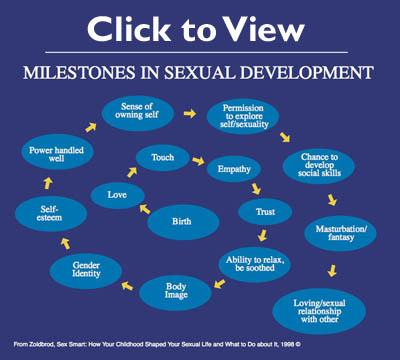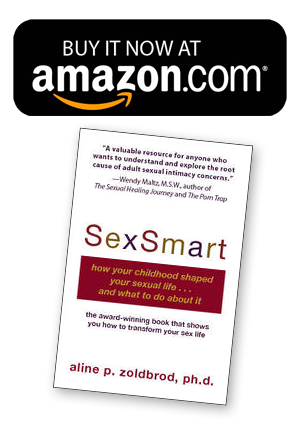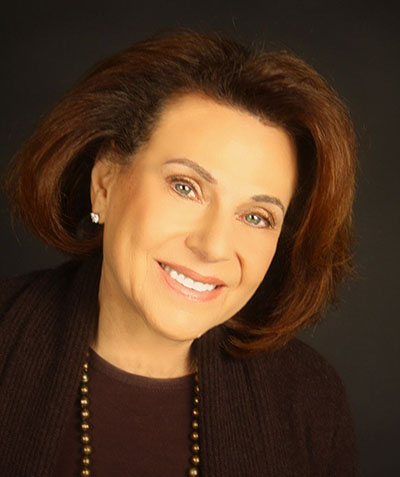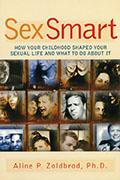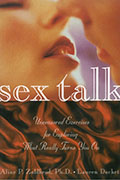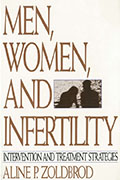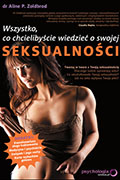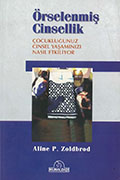For Couples
Is your relationship a problem? Take our Relationship Quiz (Couple's Questionnaire)
What is Love?
Robert Sternberg Ph.D.’s Triangle Theory of Love, 1986

Is your relationship making you happy, or is it making you miserable?
The American belief in the bliss of romance, love and marital fulfillment leads couples to have overly high expectations that, as the Beatles said, “love is all you need.” Creating a healthy relationship is not always easy.
Many couples who started out loving each other have fallen into apathy or resentment. But you can be helped to bond together again with couples therapy and relationship counseling.
According to current research on marriage, partners in distressed relationships can repair those relationships by paying close attention to the every day ways they relate. In general, if there is no emotional intimacy in a relationship, the sexual aspect of it suffers.
So if you are having sexual problems, you may well have to address some relationship issues first.
SexSmart Relationship Quiz (Click Here to download and print)
Rate how you feel about your relationship here.
Rate these questions on a scale from “always agree”=10 to “always disagree”=0
Sometimes the question may not be relevant, so you can write N/A (not applicable)
l. My partner is my best friend
2. I am happy with the amount my partner and I talk
3. My partner and I agree on finances
4. My partner and I agree on our philosophy of life
5. My partner and I have the same values in life
6. I am happy with the amount of physical affection in our relationship
7. I am happy with the friends my partner and I have in common
8. I am happy with our sexual relationship
9. We agree on how much time each of us spends on household chores
10. We agree on how much time each of us spends on work
11. The way we fight is acceptable
12. My partner and I share a lot of activities together
13. I am happy with my partner’s parenting or plans for parenting
14. I am happy with our relationship with his family
15. I am happy with our relationship with my family
16. My partner treats me with respect (no emotional or physical abuse)
17. I respect my partner
18. My overall feelings about my partner are positive
19. When we fight, my partner and I find ways to “call a truce” and makeup. We don’t hold grudges, and we get back to enjoying each other
20. I trust my partner to be kind with my feelings, not to “zing” me
This quiz has elements taken from the work several psychologists who are experts in this field:
Arnold Lazarus Ph.D. in his book Multimodal Therapy, the Spanier Marital Adjustment Scale (1974), the work of Dr. John Gottman, and the work of Dr. Clifford Notarius.
New Research Results on Relationships
While marriage and relationship experts used to think that it was important for couples not to fight, and for them to practice listening intently to each other, newer research has changed what we know about what really keeps couples together.
John Gottman, Ph.D. has spent over four decades researching what real people do as couples (by studying them in their homes for years and years!) He has studied both couples he calls “the Masters” and “the Disasters” of relationships to find out what works and what doesn’t. He finds that one of the most important things successful couples can do is to have five times the number of positive interactions as negative interactions.
So fighting, per se, is not bad. Fights are destined to happen throughout your relationship’s history. Everybody has fights and misunderstandings. It’s how you fight and how much good feeling there is between you that makes the difference. If you fight a lot, you’d better be having a lot of fun, close times outside of the fights.
Don’t make never fighting a goal. In fact, experts now believe that getting to a place where you never disagree is unrealistic. Some disagreements will never be settled. The trick is to fight about things constructively, not to throw zingers at each other.
The message of much of John Gottman’s work is that love is a way of thinking and acting in everyday relationships. The secrets to maintaining a vital, satisfying relationship are:
- Emphasize the positive
- Find common ground
- Be gentle with your partner’s soft spots.
Most couples in trouble think that for things to improve, extraordinary changes must take place—-usually changes in their partner! Actually, when each partner is willing to make small changes in themselves, big, positive changes can occur in the relationship.
Emotionally Focused Couples Therapy (EFT)
In 2011-2012, I completed all the coursework and externships in Sue Johnson’s Emotionally Focused Couples Therapy. EFT is a very effective and very deep way of working with couples’ problems. Dr. Johnson’s organizing principle for EFT is the notion that we all have deep attachment wishes, and that most of the reason couples conflict is because partners are responding to threats they feel to their attachment needs by attacking or stonewalling the other person.
EFT systematically helps couples identify and emerge from the insidious cycle in which they are stuck, helping each person to be brave enough to get in touch with the vulnerable emotions which are fueling the behaviors that perpetuate the negative dynamics.
What Can A Good Couples Therapist Do for a Distressed Couple?

- A good couples therapist can be an advocate for the two of you as a couple.
(If you want to work on a troubled relationship, do not just go into individual therapy!) - A good couples therapist can be the voice of optimism, giving you the strength to stick with the process of trying to strengthen your relationship.
- A good couples therapist can reflect back the strengths you have as a couple.
- A good couples therapist can help you see solutions you can’t see yourselves.
- A good couples therapist can help each of you stop casting the other partner in the role of the villain.
- A good couples therapist will be active in the relationship, not afraid to speak up if one partner is dominating, and not afraid of raised voices.
- A good couples therapist will help each of you be able to hear your partner’s vulnerabilities, to understand the hurt that is behind difficult or attacking behavior.
- A good couples therapist will help you tolerate the deep emotions that each of you is feeling.
- A good couples therapist will help you become more securely attached.
Highly Suggested Readings
Aaron Beck. Love is Never Enough: How Couples Can Overcome Misunderstandings, Resolve Conflicts, and Solve Relationship Problems through Cognitive Therapy. Harper Collins, 1989.
Philip Blumstein and Pepper Schwartz. American Couples: Money, Work, Sex. New York, William Morrow, 1983.
Johnson, Dr. Sue. Hold Me Tight. (2011) Piatkus Publishing.
Johnson, Dr. Sue. Love Sense. (2013) New York: Little Brown and Company.
John Gottman. The Seven Principles for Making Marriage Work. Three Rivers, 2000.
Clifford Notarius, Howard J Markman (ed). We Can Work It Out: How to Solve Conflicts, Save Your Marriage, and Strengthen Your Love for Each Other. Perigree: 1994
Robert Sternberg. A Triangular Theory of Love. Psychological Review, 93, 119-135, 1986.
Robert Sternberg and Michael Barnes (eds) The Psychology of Love. Yale University Press,
1988.

